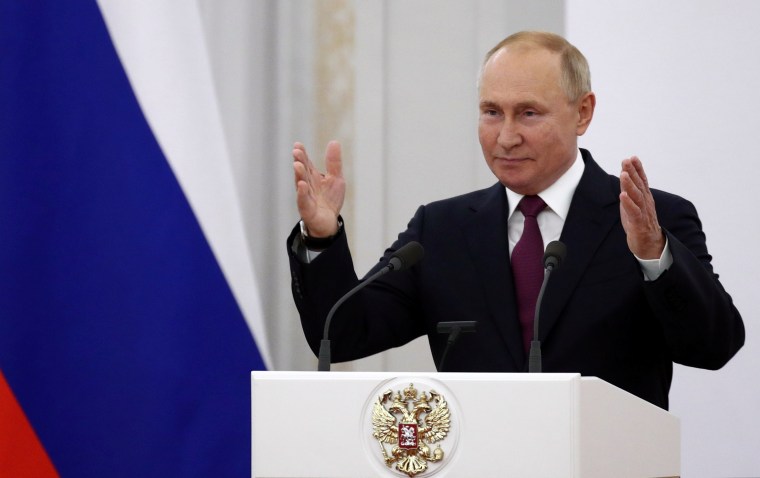New York, March 4, 2022 – Russian authorities should allow all local and international media outlets and social media platforms to operate freely, the Committee to Protect Journalists said Friday.
Russian state media regulator Roskomnadzor on Friday, March 4, blocked access to several news websites, including those of BBC Russian, German public broadcaster Deutsche Welle, Latvia-based independent news site Meduza, the Russian-language service of U.S. Congress-funded broadcaster Voice of America (VOA), and several services of the U.S. Congress-funded broadcaster Radio Free Europe/Radio Liberty (RFE/RL), according to news reports.
Also Friday, the Russian legislature adopted amendments to the criminal code introducing higher penalties, such as fines, criminal liabilities, and imposing prison terms of up to 15 years for those convicted of disseminating “fakes,” or information that authorities deem to be false, about military operations, or discrediting Russian Armed Forces, according to media reports. Putin signed the amendments today, according to reports, meaning the bill goes into effect tomorrow.
“Russian authorities have moved quickly to establish total censorship and control over the free flow of information since Russia invaded Ukraine on February 24,” said Gulnoza Said, CPJ’s Europe and Central Asia program coordinator. “The Russian public cannot be deprived of information and news and be forced to rely on the Kremlin-approved interpretation of events at this very important time in Russian history. The censorship must stop, and bans must be lifted.”
Among other developments on Friday:
- Liberal radio station Ekho Moskvy closed all its social media accounts down following the station’s closure on Thursday, media reported.
- Independent Russian media outlet Znak and online broadcaster TV 2 in Tomsk city both closed due to an increased number of restrictions from the Russian government, according to media reports.
- RFE/RL said in a statement the websites of its Russian, Tatar-Bashkir, and North Caucasus services, including the Russian-language Sever.Realii, Sibir.Realii, Idel.Realii, and Kavkaz.Realii were blocked.
- Liberal news website The Village announced on its Telegram channel that it has closed its Moscow office and that the editorial staff had started working from Warsaw, Poland’s capital. Two days earlier, on March 2, Roskomnadzor had blocked the publication’s website, according to reports.
- Independent news website computing.co.uk reported that the Apple app and Google app stores are blocked in Russia, and Roskomnadzor confirmed in a statement and on their platform that Facebook and Twitter are blocked.
On February 24, Roskomnadzor said in a statement that all media “must only use information and data received from official Russian sources.”
